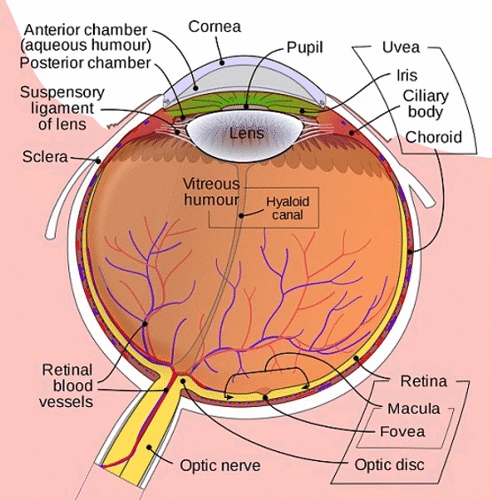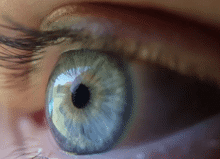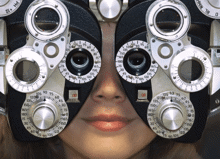If your eyes are moving on their own, it means that the eye muscles may not be working properly. When you focus on an object, the muscles of the eye get to work to ensure you focus properly. The two images combine and we see a 3D image.
If your eyes are moving on their own, it’s important to find out the cause so you can seek effective treatment. So, what causes your eyes to move on their own?
Esotropia
This is the most common form of eye movement disorder or squint and occurs when one or both eyes moves towards the nose. The usual course of treatment is prescription glassesa\ to get rid of the need for excessive focusing.
Exotropia
The opposite of esotropia, one or both eyes move outwards – often as a result of tiredness or bright sunlight. Again, prescription glasses are used to correct the problem.
Vertical squint
In this type of squint, one eye turns up or down. Squints are usually treated with glasses or eye patches to improve vision or can be remedied by Botox injections or surgery.
Amblyopia
Otherwise known as lazy eye, this condition occurs when one eye becomes dominant over the other as a result of long or short-sightedness, an eye injury or infection. Strabismus, also known as a squint, can also lead to the development of lazy eye. Lazy eye is usually corrected by strengthening the lazy eye through the use of prescription lenses, eyes patches or even vision training.
Nystagmus
If you feel you have no control over the movement of your eyeballs, you probably have nystagmus. The eyes usually move in a rhythmic pattern from side to side, or up and down or even in a circular motion. You may have poor balance and vision as a result though the symptoms can vary from individual to individual. There is no cure for nystagmus but finding the null point to look at, glasses to improve vision and even surgery can help.
When to consult your independent optiician
Most eye movement disorders occur in young children and it’s very important to have regular eye tests and to consult a doctor if you notice any random eye movements. Treatment needs to begin as soon as possible and is likely to be successful after the age of eight. Adults experiencing squints or nystagmus should consult their local optometrist to discuss the best treatment options.







